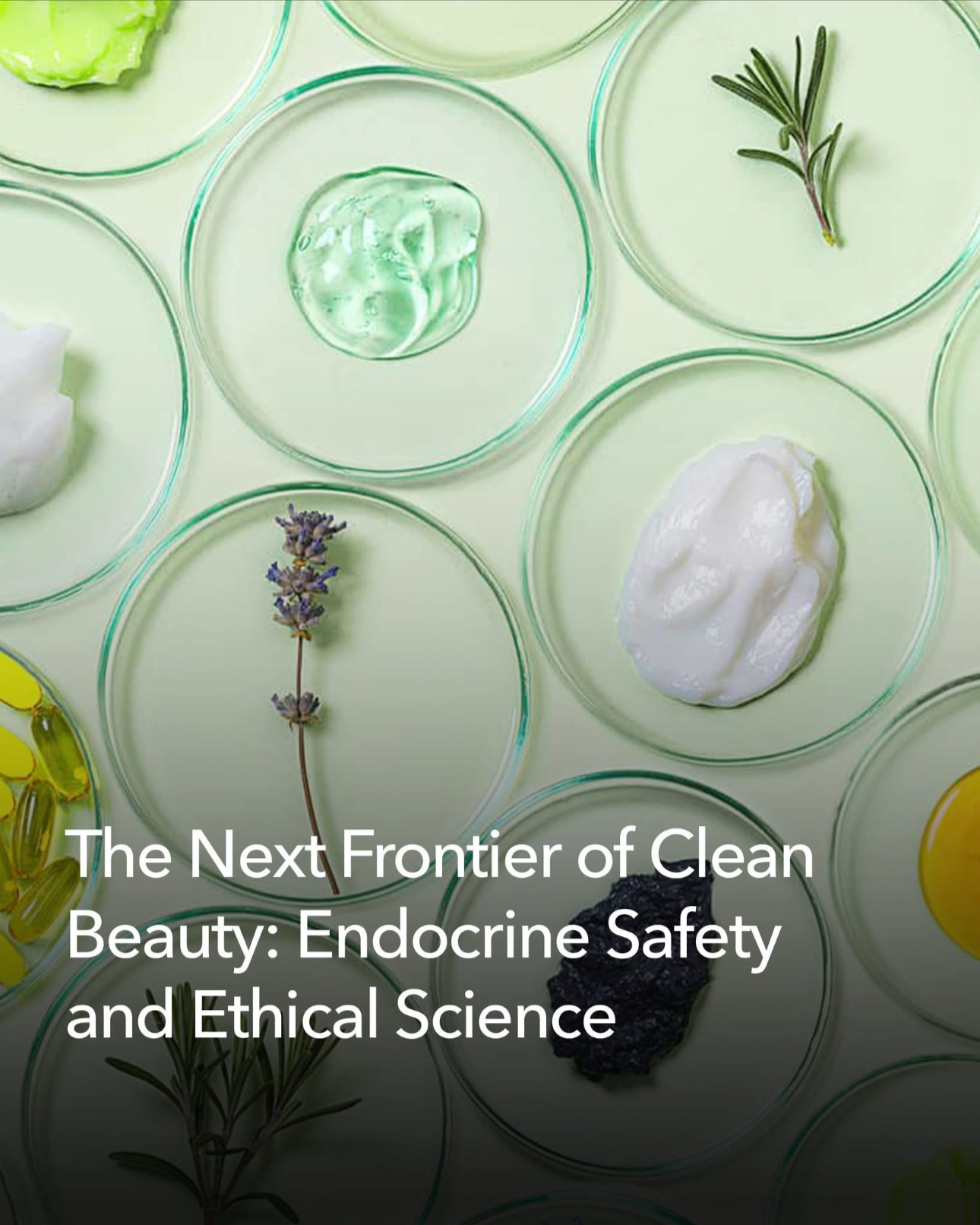Food and drugs are regulated for safety by the FDA, but did you know that personal care products do not need government approval? For cleaning products, the EPA only requires a company to list active disinfectant ingredients. Over 40 countries have banned over 1,400 ingredients that are believed to be harmful in personal care products and cosmetics, whereas the US has banned merely 11. Many of the banned ingredients have been linked to cancer, disruption of the endocrine system, and organ toxicity, and can cause allergies and other negative health effects. Switching to natural products in which companies not only strive for safety and efficacy, but maintain transparency with customers, helps you ensure a safer and healthier lifestyle and home.













